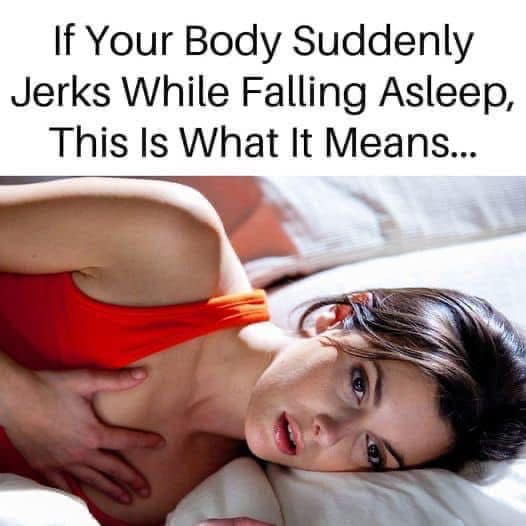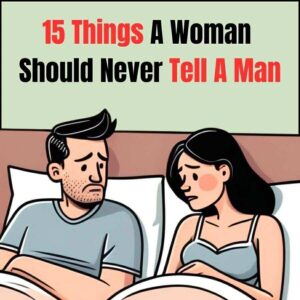You’re drifting off to sleep, your body is finally relaxing… when suddenly, BAM! You jolt awake, heart pounding like a drum solo. Sound familiar?
This strange, startling sensation is what doctors and sleep specialists call a hypnic jerk—and if it’s been ruining your peaceful nights, you’re far from alone.
In fact, up to 70% of people experience these sudden muscle spasms during the transition from wakefulness to sleep. And while they’re usually harmless, they can be terrifying, especially if you’re already dealing with stress, sleep disorders, or recovery-related fatigue.
🧠 What Are Hypnic Jerks, Really?
Also known as sleep starts, hypnic jerks are involuntary muscle contractions that typically happen just as you’re dozing off. You may feel like you’re falling, slipping, or being jolted from a dream.
It often affects just one limb—like your right arm or left leg—but it can feel like your entire body just got zapped. Sometimes, it’s accompanied by dream-like imagery that blurs the line between reality and sleep.
🌙 According to the Sleep Foundation, these jerks originate from the part of your brain responsible for your startle response—the same area that jumps into action if you suddenly think you’re tripping or falling.
It’s your brain being cautious. As your muscles relax, your body may mistakenly interpret it as “falling,” triggering an emergency muscle contraction to “save” you.
🧪 Why Do Hypnic Jerks Happen?
Although scientists don’t fully understand hypnic jerks, several theories link them to lifestyle and mental health factors. Here’s what might be contributing to yours:
🛑 Too much caffeine or nicotine – These stimulants linger in your body and make it hard to wind down, often keeping your nervous system in “alert” mode well into the night.
🏋️ Exercising late at night – While exercise is great for health and even mental recovery, doing it right before bed can overstimulate the body.
😰 Stress and anxiety – Emotional strain amps up your nervous system. It’s no surprise that people recovering from trauma or managing high-pressure lives experience hypnic jerks more frequently.
😴 Sleep deprivation – Not getting enough rest puts your brain in overdrive during the moments when it’s trying to power down. Think of it like a power surge during shutdown.
👶 All ages are affected – From kids to adults to seniors in treatment or recovery, hypnic jerks don’t discriminate by age or health.
✅ How to Stop Hypnic Jerks From Ruining Your Sleep
While hypnic jerks aren’t dangerous, they can disrupt your sleep hygiene and make it harder to feel rested. Thankfully, there are some easy, non-invasive steps you can take—no insurance claim required.
1. Create a bedtime routine.
Go to bed and wake up at the same time every day, even on weekends.
2. Cut the caffeine.
Limit coffee, energy drinks, and tea in the afternoon. If you’re relying on them for energy, you might need to revisit your nutrition or recovery plan.
3. Avoid smoking and alcohol.
Nicotine and alcohol can interfere with deep sleep. If you’re struggling to quit, consider joining treatment programs or online support classes.
4. Exercise earlier in the day.
Morning or early afternoon workouts are ideal. Save yoga or stretching for bedtime if you need something calming.
5. Manage stress naturally.
Journaling, mindfulness apps, therapy, or simply unplugging at night can help bring cortisol (the stress hormone) down to normal.
💤 Final Thought: Hypnic Jerks Aren’t Dangerous—but They’re Worth Addressing
If you’re experiencing frequent hypnic jerks, it’s a sign your body might be struggling to relax. Left unchecked, they can snowball into sleep disorders or mental fatigue.
But the good news? You have the power to take control—no medication, no lawsuits, no sleepless nights worrying about “what’s wrong.”
Treat your body with kindness, build better sleep habits, and stay alert to how stress or stimulants may be silently stealing your rest.
📣 Have you or someone you know dealt with hypnic jerks? Share this post on Facebook or tag a friend who’s always “startling awake” at night. You could help them sleep better tonight.
👉 Also Read:
- If Your Dog Keeps Sniffing Your Private Area, Here’s What It Means
- She Gave Birth at 62 and Faced Brutal Backlash – Her Answer Shut Everyone Up
🛏️ Want better sleep tips, or need help managing stress? Consider joining our free class on digital wellness and mental recovery. It’s your first step to peace of mind—and peaceful sleep.
Or if you’ve found value in this post, consider making a donate to help others get access to mental health and sleep hygiene education.
Would you like a catchy title, meta description, and tags for blog or WordPress publishing?


